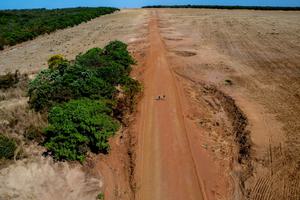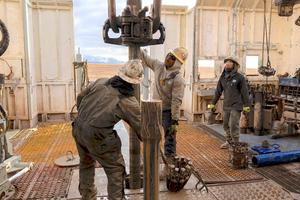Indian Creek in Bears Ears National Monument, Utah, which lost much of its federal protections this month, opening it up to mining and drilling operations. US Bureau of Land Management
A decision by the Trump administration to withdraw federal protections from millions of acres of public land has taken effect, opening up parts of the Bears Ears and Grand Staircase-Escalante National Monuments in Utah to new mining claims as of 6 a.m. February 2.
Reuters reported that the process will be governed by the General Mining Law of 1872, which regulates hard rock mining claims such as gold, silver, copper, and uranium. Under this 19th-century federal statute, any private citizen or company can demarcate a claim, attach a written description of the claim, and record their lease at the Bureau of Land Management. They must pay a small filing fee and yearly maintenance fee for their new mineral rights, $212 and $150 respectively.
The Trump administration’s massive reductions to Bears Ears and Grand Staircase-Escalante National Monuments were announced in December. Lawmakers, including Republican Congressman John Curtis of Utah, have introduced a bill to provide increased protections for certain areas within the original monument boundaries, but it would not restore the original boundaries of the monuments. Indigenous representatives have sharply criticized the bill, saying it would “legislatively confirm Trump’s unlawful action to reduce the monument by 85 percent” and strip all meaningful power from the Bears Ears Commission and tribal authorities.
The Hill reported that mining claims made before the passage of any stricter legislation must be honored by law. The Interior Department has also issued a memorandum calling for field offices to “simplify and streamline the leasing process” so that proposed leases can be processed in as little as 60 days, The Washington Post reported. Public protests of approved leases will be limited to 10 days, and a sale can move forward even if a dispute is ongoing, the memo says.
For now, experts say the strongest current protection for these lands remains market-based. Uranium miners say prices are currently too low to merit new claims.
—Hannah Hauptman



